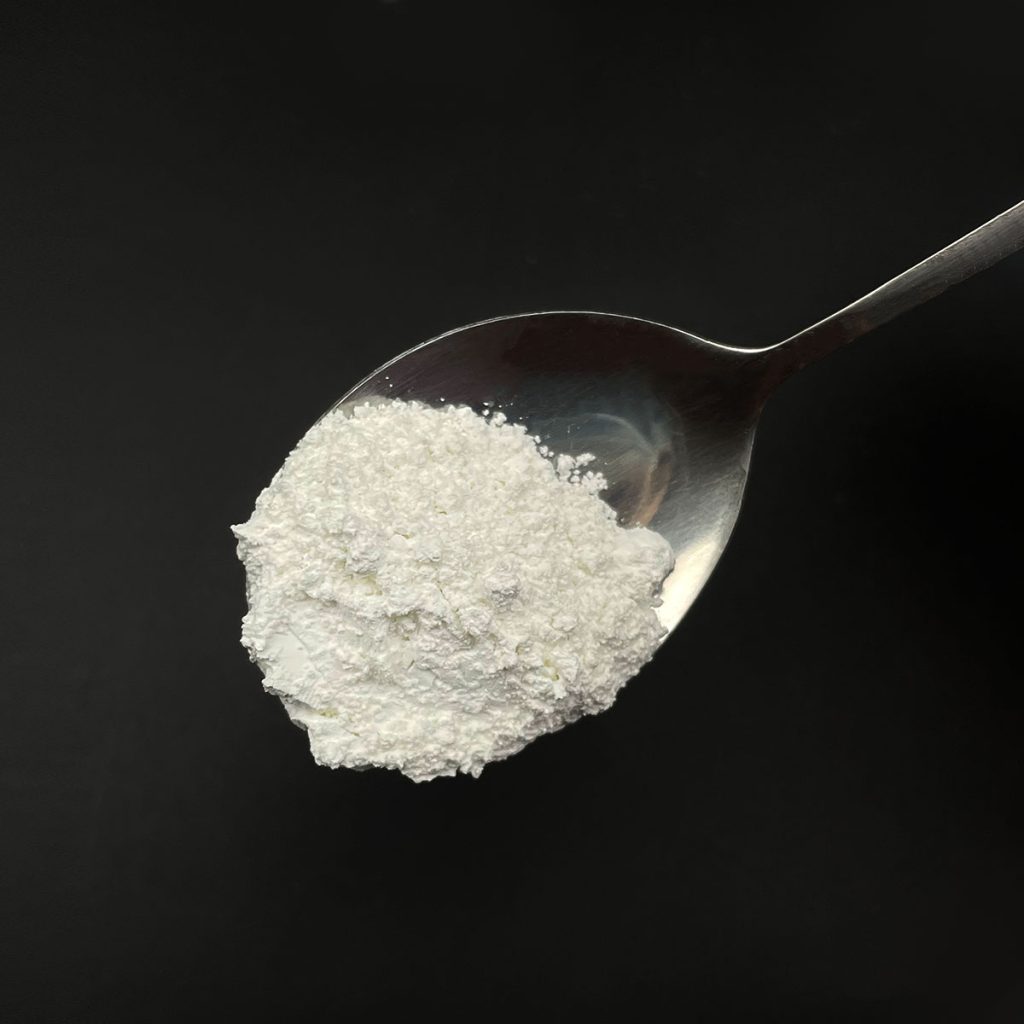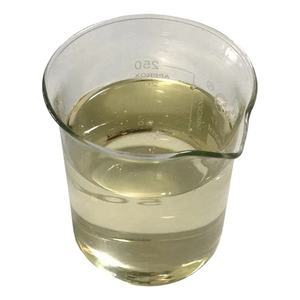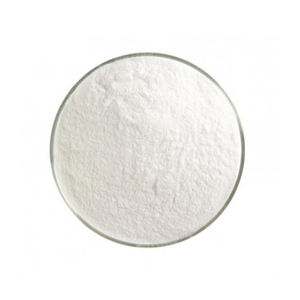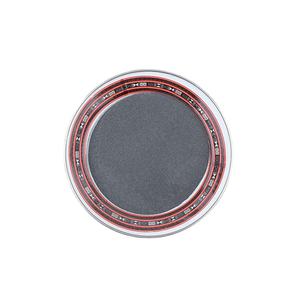Professional and high-quality metal alloys, ceramic products and concrete additives | RBOSCHCO
PRODUCT PARAMETERS
Description
Polyglycol Stearate Properties
| Other Names | PEG-n Stearate, Polyoxyethylene (n) monostearate |
| CAS No. | SG-2:106-11-6;SG-3:10233-24-6;SG-4:106-07-0;SG-6:10108-28-8;SG-8:70802-40-3;SG-9:5349-52-0;SG-14:10289-94-8;SE-100:19004-99-3 |
| Compound Formula | C18H20O3S•C6H15NO3 |
| Molecular Weight | N/A |
| Appearance | Milky paste to solid |
| Density | N/A |
| Solubility in H2O | N/A |
| Exact Mass | N/A |
| Polyglycol Stearate Health & Safety Information | |
| Signal Word | N/A |
| Hazard Statements | N/A |
| Hazard Codes | N/A |
| Risk Codes | N/A |
| Safety Statements | N/A |
| Transport Information | N/A |
(Polyglycol Stearate CAS 106-11-6)
Overview Of Polyglycol Stearate
Polyglycerol Stearate is a non-ionic surfactant known as polyethylene glycol stearate. It has wide applications in multiple fields, especially cosmetics and personal care products.
Polyglycerol Stearate is a milky paste of a solid obtained by polymerizing stearic acid and ethylene oxide. Peg-6 stearate can be dispersed in water, and water solubility gradually increases with the EO number. Se-100 HLB value is about 18.8, oil-in-water emulsifier, low irritation. Unstable in strong acid, strong base, easy hydrolysis. Good biodegradability. With excellent emulsification, dispersion, solubilization, antistatic, lubrication, thickening ability, and low foam. It has excellent dispersibility of calcium and magnesium.

Polyglycol Stearate
Technical Parameter Of Polyglycol Stearate
|
Product Name |
HLB |
Appearance |
|
Polyglycol Stearate |
18.8(SE-100) |
Milky paste to solid |
Applications of Polyglycol StearateCosmetics and personal care products: As an emulsifier, Polygon Stearate helps with oil-water mixing, making the product more stable and easy to use.
As a thickener, it can increase the product's viscosity and improve texture and texture. Polyglycerol Stearate is important in creams, lotions, shampoo, shower gel, and other products.


Applications of Polyglycol Stearate
Textile industry: Polyglycol Stearate is used as an emulsifier and oiling agent for synthetic fiber finishing, endowing fibers with softness and anti-static properties. In textile processing, it can improve the product's processing performance and the final product's quality.
Paper manufacturing: In the starch coating of paper, Polygon Stearate serves as a thickener and stabilizer, which helps to improve the quality and stability of the coating. It can increase the thickness and uniformity of the coating and improve the durability and printing performance of the paper.
Cables and pipelines: In cable ducts, Polygon Stearate is used as a lubricant for multiple transmission wires, helping to reduce friction and resistance between wires. This can improve the transmission efficiency and service life of wires.
Other industrial applications: Polyglycol Stearate can also be used as an additive in other industrial fields such as plastics, rubber, paint, and coatings to improve product performance.

Company Profile
NANOTRUN(www.rboschco.com) is a trusted global chemical material supplier & manufacturer with over 12-year-experience in providing super high-quality chemicals and nanomaterials, including boride powder, nitride powder, graphite powder, sulfide powder, 3D printing powder, etc.The company has a professional technical department and Quality Supervision Department, a well-equipped laboratory, and equipped with advanced testing equipment and after-sales customer service center.If you are looking for high-quality Polyglycol Stearate, please feel free to contact us or click on the needed products to send an inquiry.
Payment Term
L/C, T/T, Western Union, Paypal, Credit Card etc.

Shipment Term
By sea, by air, by express, as customers request.
Storage Conditions
1) Store in a dry environment at room temperature.
2) Avoid damp and high temperature.
3) Use immediately after opening the inner packing bag.

FAQQ1
What is Polygon Stearate?
Answer: Polyglycol Stearate is a non-ionic surfactant known as polyethylene glycol stearate. It has wide applications in multiple fields, especially cosmetics, the textile industry, and paper manufacturing.
Q2
What are the applications of Polygon Stearate in cosmetics?
Answer: Polygon Stearate is mainly used as an emulsifier and thickener in cosmetics and personal care products. It can help mix oil and water, making the product more stable and easy to use while also increasing the viscosity of the product, improving its texture and touch.
Q3
What is the role of Polygon Stearate in the textile industry?
Answer: Polygon Stearate is used as an emulsifier and oiling agent for synthetic fiber finishing in the textile industry. It endows fibers with softness and anti-static properties, improving the processing performance of textiles and the quality of final products.
Q4
What contribution does Polygon Stearate make to paper manufacturing?
Answer: In paper manufacturing, Polygon Stearate plays an important role as a thickener and stabilizer in the starch coating of paper. It can increase the thickness and uniformity of the coating and improve the durability and printing performance of the paper.
Q5
What are the applications of Polygon Stearate in cables and pipelines?
Answer: Polygon Stearate is used as a lubricant for multi-channel transmission wires in the field of cables and pipelines. It can reduce friction and resistance between wires and improve the transmission efficiency and service life of wires.
Q6
Is Polygon Stearate safe?
Answer: Polygon Stearate is generally considered safe in cosmetics and industrial applications, but it is still important to use it in moderation and avoid excessive or improper use. If you have any discomfort or doubts, it is recommended to consult a professional doctor or experts in the relevant field.
Q7
What is the packaging and storage method for Polygon Stearate?
Answer: Polygon Stearate is usually packaged in 200kg iron or 50kg plastic drums. As a regular chemical, it is not flammable, but it is still recommended to store it according to general chemicals' storage and transportation requirements. It should be stored in a dry, ventilated place and avoid direct sunlight. Its shelf life is usually two years.








